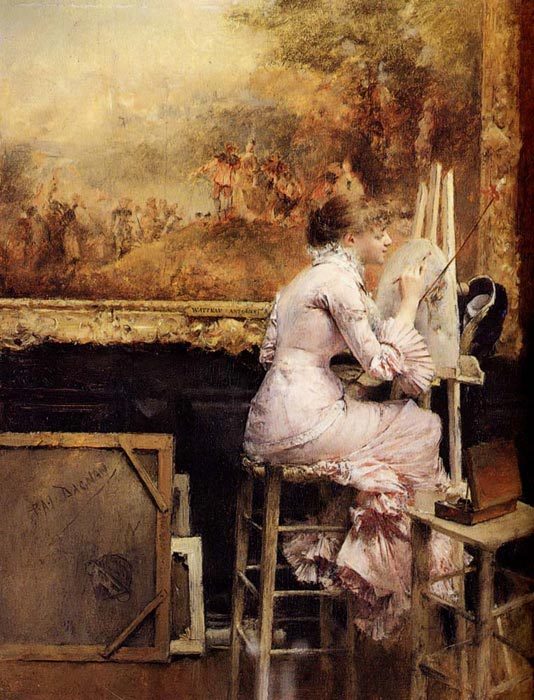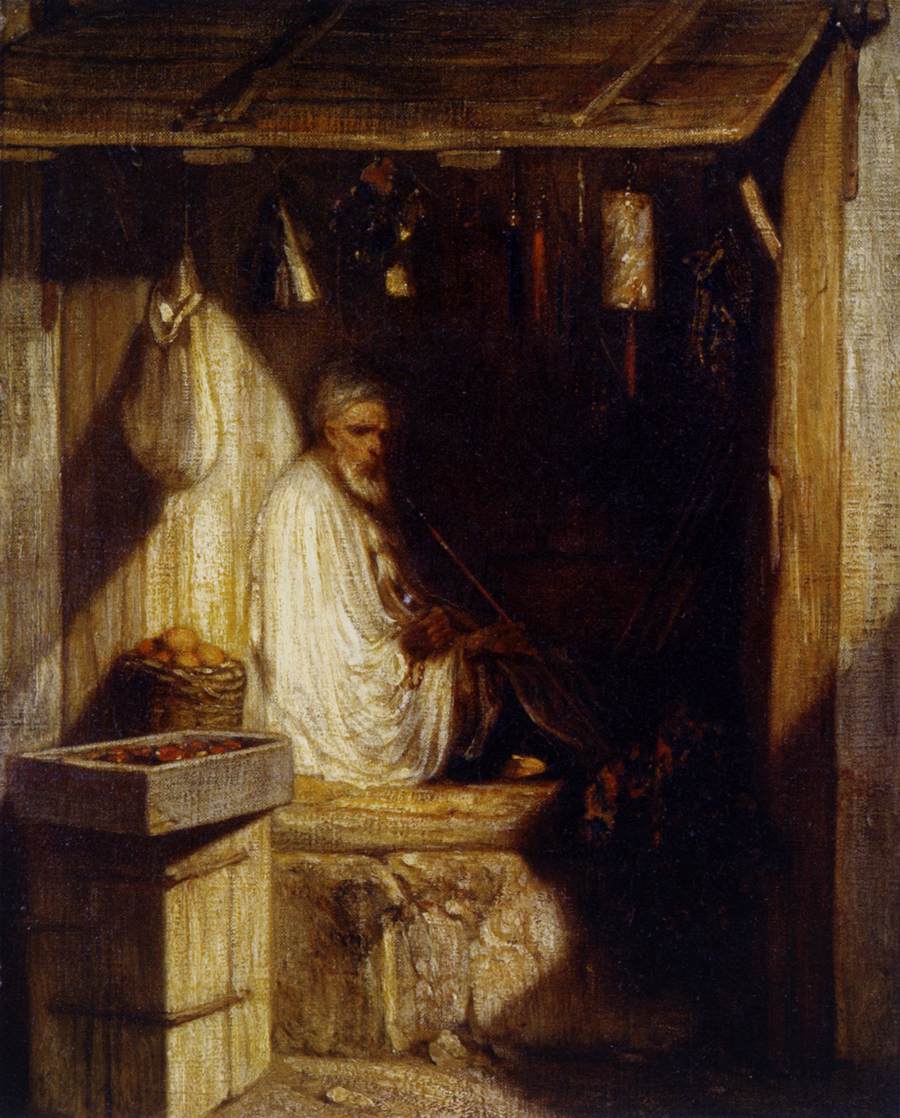The Collected Poems : A Dual-Language Edition with Parallel Text by Marcel Proust, Harold Augenbraum
On Sale Date: March 26, 2013: ISBN 9780143106906, 0143106902
Paperback $25.00 US / $26.50 Can. 384 pages
For the centennial of Swann's Way : the most complete volume of Proust's poetry ever assembled, in a gorgeous deluxe edition. As a young man, Proust wrote both poetry and prose. Even after he embarked on his masterful In Search of Lost Time at the age of thirty-eight, he never stopped writing poetry. His verse is often playful, filled with affection and satire, and is peppered with witty barbs at friends and people in his social circle of aristocrats, writers, musicians, and courtesans.
Few of the poems collected here have ever been published in book form or translated into English until now. In this dual-language edition of new translations, Augenbraum has brought together nineteen renowned poets and poetry translators to bring Proust's exuberant verse back to life.
HAROLD AUGENBRAUM is the executive director of the National Book Foundation and founder of the Proust Society of America, and he has previously translated José Rizal and Alvar Núñez Cabeza de Vaca for Penguin Classics. He lives in New York City.
=================================================
Marcel Proust : A Life, with a New Preface by the Author by William C. Carter
On Sale : March 11, 2013 ISBN: 9780300191790, 0300191790
Paperback $30.00 US 1000 pages 47 b/w illus.
Reissued with a new preface to commemorate the first publication of à la recherche du temps perdu one hundred years ago, this biography portrays in abundant detail the extraordinary life and times of one of the greatest literary voices of the twentieth century.
William C. Carter, professor emeritus of French at the University of Alabama at Birmingham, is the author of
Proust in Love and a new, fully annotated edition of Proust's classic
Swann's Way.
===================================================
Great Short Stories from "Pleasures of Days"/ Grandes Nouvelles de les plaisirs et les jours : Early Short Stories of Marcel Proust: A Dual-Language Book by Marcel Proust, Edward H Ousselin
August 21, 2013 :: ISBN 9780486497020, 048649702X
Paperback $16.95 US / $23.00 Can. 320 pages
Selections from the satirical, moving short stories and sketches featured in Proust's first published work. Telling reflections of the lives, loves, manners, and motivations of salon society in fin-de-siècle Paris.
These short stories and sketches are derived from a stunning volume of philosophical reflections, brief narratives, and prose poems from Proust's first published work. Set amid the salon society of fin-de-siècle Paris, the tales offer satirical and moving depictions of a fascinating cast of characters. Includes the original French with English translation on facing pages.
==================================================
Mirages and Mad Beliefs : Proust the Skeptic by Christopher Prendergast
On sale: May 26, 2013 ISBN 9780691155203, 0691155208
Hardback $45.00 US / £30.95 UK 248 pages
Marcel Proust was long the object of a cult in which the main point of reading his great novel In Search of Lost Time was to find, with its narrator, a redemptive epiphany in a pastry and a cup of lime-blossom tea. We now live in less confident times, in ways that place great strain on the assumptions and beliefs that made those earlier readings possible. This has led to a new manner of reading Proust, against the grain. In Mirages and Mad Beliefs, Christopher Prendergast argues the case differently, with the grain, on the basis that Proust himself was prey to self-doubt and found numerous, if indirect, ways of letting us know. Prendergast traces in detail the locations and forms of a quietly nondogmatic yet insistently skeptical voice that questions the redemptive aesthetic the novel is so often taken to celebrate, bringing the reader to wonder whether that aesthetic is but another instance of the mirage or the mad belief that, in other guises, figures prominently in In Search of Lost Time. In tracing the modalities of this self-pressuring voice, Prendergast ranges far and wide, across a multiplicity of ideas, themes, sources, and stylistic registers in Proust's literary thought and writing practice, attentive at every point to inflections of detail, in a sustained account of Proust the skeptic for the contemporary reader.
Christopher Prendergast is professor emeritus of French at the University of Cambridge, and a fellow of King's College and the British Academy. He is the general editor of the Penguin translation of "In Search of Lost Time".
=============================================
Proust and the Visual by Nathalie Aubert
On sale: April 26, 2013 ISBN 9780708325483, 0708325483
Hardback $140.00 US 288 pages
This edited collection considers the role of the visual in Marcel Proust's In Search of Lost Time and how it contributes to the novel's sense of modernity. The first few essays examine the philosophical implications of Proust's quest for truth, taking up analyses of the thing, the body, and the relation between the seer and the visible. The essays in the second section concentrate on the way meaning emerges from the description of experience, as well as the cultural environment in which it is inscribed through the workings and reworkings of certain images and textures. The final essays explore how Proust's unique approach to the visual has become in recent years the inspiration for other visual practices: film, sculpture, painting, and dance.
Nathalie Aubert is professor of French literature at Oxford Brookes University, Oxford, UK.
================================================
Murder Chez Proust : A Mystery by Estelle Monbrun
On Sale: July 2013 : ISBN 9781611458121, 1611458129
Paperback $14.95 US Fiction / Mystery & Detective 240 pages
A clever, sharp satirical mystery. When Adeline Bertrand-Verdon, the haughty, conniving president of the Proust Association, is murdered, Inspector Jean-Pierre Foucheroux is called on to lead the investigation. Soon Inspector Foucheroux is overwhelmed by a seemingly endless list of suspects: from her assistant to her colleagues, her fiancé to her lover, almost everyone Adeline knew had motive to kill her. Meanwhile, Gisele Dambert, the beautiful assistant with the royal blue eyes and more than a hint of mystery, is on her own search for the lost Proust notes that would allow her to finally enter the glittering world of the literary elite.
This clever, satirical novel presents a dazzling array of sharp, unscrupulous professors and scholars in the image-obsessed world of academia. An assortment of suspects-the professor who plagiarizes his students' work, the manipulative director-bring intrigue and drama to the novel. Suspense and withering commentary on the morally questionable intellectual elite combine to form a clever mix of whodunit and satire.
Estelle Monbrun, nom de plume of Elyane Dezon-Jones, is a well-known French author and distinguished Proust scholar. Monbrun has published extensively in both France and in the United States and has taught French at Barnard College and at Washington University in Saint Louis. Monbrun splits her time between Paris, France, and Sarasota, Florida.
==================================================
Marcel Proust by Adam Watt
On Sale: May 15, 2013 ISBN 9781780230948, 178023094X
Paperback $16.95 US 224 pages 30 halftones
In this concise biography, Adam Watt explores the life of a writer whose every experience was stored, dissected, and redeployed within a vast fictional work. After considering Proust's earlier years of personal and aesthetic experiment, Watt provides an engaging account of two intertwined processes taking place against the vibrant backdrop of Belle Époque Paris and World War I: the progress of In Search of Lost Time and the simultaneous decline of its author. He demonstrates how Proust's own periods of ill health and isolation reflected his narrator's thoughts on desire, love, and loss, as well as his contemplation of beauty, memory, aging, and the possibility of happiness. Drawing on the author's immense correspondence, the accounts of his contemporaries, and the insights of recent scholarship, Marcel Proust offers a rewarding new portrait of the novelist once described as "the most complicated man in Paris."
Adam Watt is associate professor of French at the University of Exeter and a member of the Equipe Proust at the ITEM/ENS, Paris, France. He is the author of Reading in Proust's "A la recherche" and The Cambridge Introduction to Marcel Proust.
==========================================================
Marcel Proust : The Ark and the Dove by Patricia Mante-Proust, Mireille Naturel, Josephine Bacon
On Sale: April 1, 2013 ISBN 9783283012182, 3283012180
Hardback $65.00 US / $71.95 Can. 192 pages
Through the exclusive documents that Patricia Mante-Proust inherited, she revisits her rich family history in images and anecdotes.
This first publication of a collection of original Proustian treasures includes numerous documents from the family's collection in the National Archives and items found in the drawers of Aunt Léonie's famous house in Illiers-Combray, as well as correspondence, rare and unpublished manuscripts, and memories rediscovered in the places that Proust frequented and loved. Its purpose is to celebrate a life and an era that, through the magic of an inimitable style, will live for eternity. For a long time I used to go to bed early is probably one of the most famous quotations from French literature, the very first words of an epic structure compared by its author to a cathedral. In the case of Remembrance of Things Past it is impossible to distinguish between the author and the work. No writer has ever pushed introspection and remembrance to such a level. Through his prodigious quest for the flavor of the little madeleine cake, he has acquired an almost mystical aura for generations of readers throughout the world. Proust has often been described as feverish, excessively shy, a recluse in his cork-lined room; yet, between visions and real-life experiences, who was Marcel Proust in reality? Could the famous Questionnaire that he compiled and answered and that bears his name shed any light on this enigma?
"This is an accessible volume of memorable pictures, words, and other odds and ends." - Publishers Weekly
Patricia Mante-Proust is the great-grand-niece of the writer and the keeper of his estate. Mireille Naturel is the general secretary of The Society of Friends of Marcel Proust. She is the author of Proust and Flaubert: the Secret of Writing and Proust and the Literary Act: Receiving and Creating, the editor of How Proust is Received Abroad and Correspondence and Manuscripts, and she produced the critical edition of Swann in Love for Flammarion.
 p 302 | Pierre Paul Leroy-Beaulieu (1843 - 1916) was a French economist.
Several works have made their mark beyond the borders of his own country. Among
these may be mentioned his Recherches économiques, historiques et
statistiques sur les guerres contemporaines, a series of studies published
between 1863 and 1869, in which he calculated the loss of men and capital
caused by the great European conflicts. He also founded in 1873 the Économiste français. Leading representative in France of orthodox political
economy, and most pronounced opponent of protectionist and collectivist
doctrines.
p 302 | Pierre Paul Leroy-Beaulieu (1843 - 1916) was a French economist.
Several works have made their mark beyond the borders of his own country. Among
these may be mentioned his Recherches économiques, historiques et
statistiques sur les guerres contemporaines, a series of studies published
between 1863 and 1869, in which he calculated the loss of men and capital
caused by the great European conflicts. He also founded in 1873 the Économiste français. Leading representative in France of orthodox political
economy, and most pronounced opponent of protectionist and collectivist
doctrines. 

















.jpg)


